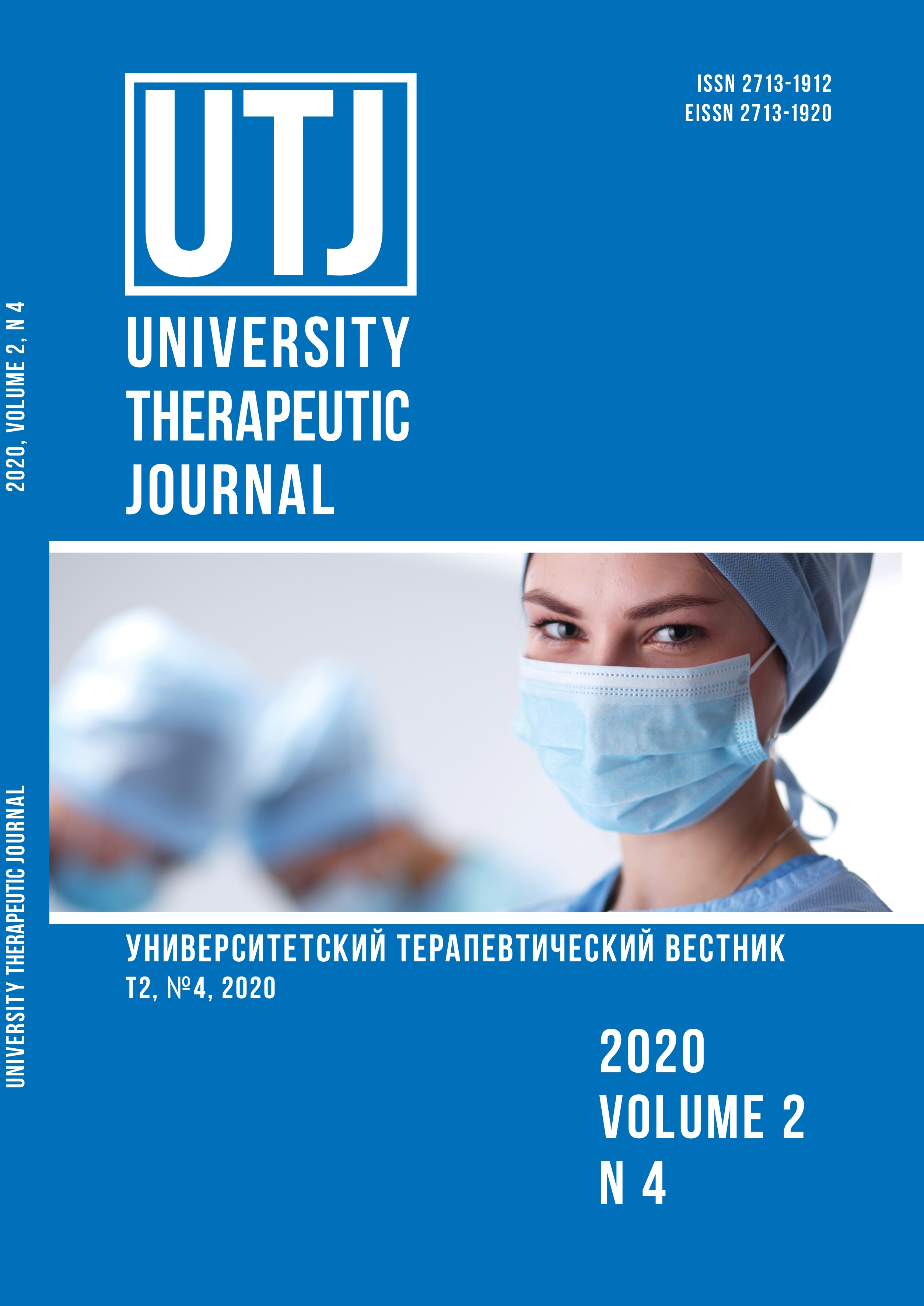CHILDREN WITH RECURRENT INFECTIONS
Abstract
This review includes domestic and international studies on one of the topics discussed in modern pediatrics - frequently ill children, or patients with recurrent infections, and also assessed the characteristics of the immune status of children belonging to this group. In foreign schools, such a concept as “frequently ill children” is not used, and is also absent in the International Statistical Classification of Diseases and Related Health Problems X revision, as it does not apply to nosological forms of the disease. At the same time, in foreign countries, WHO programs actively discuss approaches to the treatment and prevention of frequently occurring and long term respiratory diseases in children. In such cases, the term “recurrent infections” is used - “repeated, recurrent infections.” frequently ill children (FIC) are a follow up group, including children with frequent respiratory infections that occur due to an imbalance in the body’s defenses, which can be restored. This group includes those patients in whom an increased susceptibility to respiratory infections is not associated with persistent congenital and hereditary pathological conditions. All children have established violations of the microbial colonization of the mucous membranes of the upper respiratory tract, there are violations of cellular and humoral immunity, with age related features. Often sick children require rehabilitation and vaccine prophylaxis of infections.


